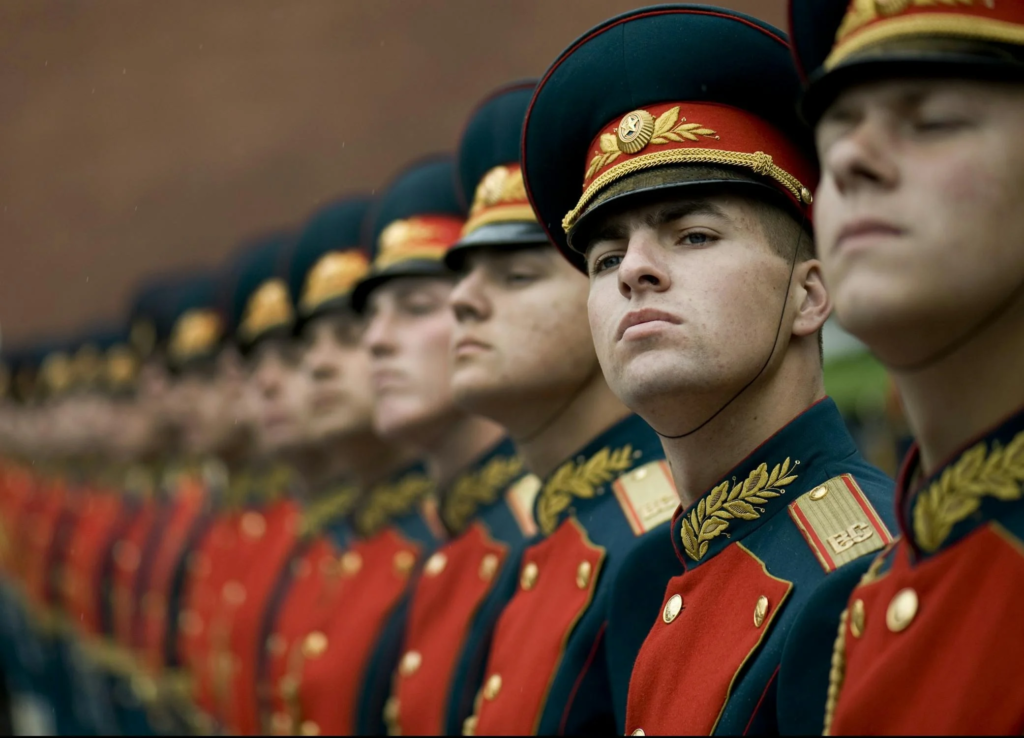No products in the cart.

How Duolingo’s Compliance with Russian Queer Censorship Could Affect Other Countries
The recent decision by Duolingo, a popular language learning platform, to remove LGBT references in its Russian version has sparked widespread concern about the implications of tech companies complying with authoritarian regimes. This is not the first time a tech giant has faced such a dilemma. In the past, companies like Apple and Google have also been forced to make concessions to operate in countries with strict censorship laws. However, Duolingo’s decision serves as a stark reminder of the delicate balance between business interests and the promotion of human rights and democratic values.
As the global tech industry continues to expand, it is essential that companies prioritize their values and resist pressure from authoritarian regimes to compromise on free speech and human rights. Failure to do so could have far-reaching consequences, undermining the very fabric of our global community.
What Happened in Russia and Why Duolingo Had to Cave

In Russia, Duolingo faced a difficult choice: comply with the country’s “gay propaganda” law or risk being blocked by the government. The law, enacted in 2013, prohibits the distribution of materials that promote “non-traditional sexual relationships” to minors. While Duolingo’s content was not specifically targeted at minors, the company likely feared that the Russian government would interpret its LGBT-inclusive content as violating the law. Faced with the possibility of being shut down in a significant market, Duolingo opted to remove the offending content, sparking outrage among LGBT advocates and free speech supporters.
Duolingo’s decision is particularly concerning because it sets a dangerous precedent. By complying with Russia’s censorship demands, the company has effectively legitimized the government’s discriminatory policies. This could embolden other authoritarian regimes to impose similar restrictions on tech companies, potentially leading to a broader erosion of human rights and democratic values.
How This Could Affect Other Countries and Tech Companies

The implications of Duolingo’s decision extend far beyond Russia. If tech companies are willing to compromise on human rights and free speech to operate in one country, they may be pressured to do so in others. This could lead to a slippery slope where companies are forced to conform to the most restrictive laws and policies, ultimately undermining their commitment to promoting inclusivity and diversity.
In countries like China, where censorship is already rampant, Duolingo’s decision could be seen as a green light for further restrictions on tech companies. China has been increasingly aggressive in its efforts to control online content, and Duolingo’s compliance with Russian censorship could embolden the Chinese government to impose even stricter regulations on tech companies operating within its borders.
Furthermore, Duolingo’s decision could have a chilling effect on the development of LGBT-inclusive content globally. If tech companies are forced to remove LGBT references in certain markets, they may be less likely to create such content in the first place, fearing that it could be used as a pretext for censorship or restriction in other countries. This could lead to a broader erasure of LGBT identities and experiences, perpetuating a culture of invisibility and marginalization.
Duolingo’s decision to remove LGBT references in Russia is a concerning development that highlights the challenges tech companies face in balancing business interests with their commitment to promoting human rights and democratic values.








POST COMMENT